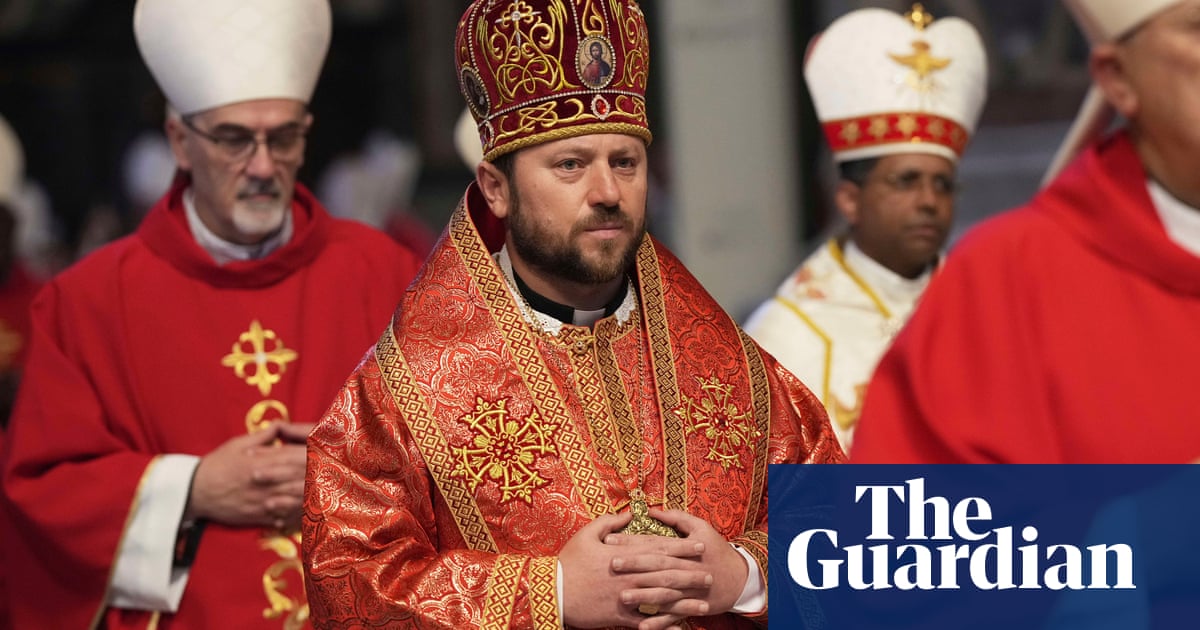Australia’s highest-ranking Catholic has provided a rare insight into the process of electing the new pope, describing the secretive conclave as the highlight of his life.
Cardinal Mykola Bychok – Australia’s sole representative at the recently concluded conclave in Rome – joked it was a relief to shut off the outside world for an extended period.
“That was the best time of my life,” he told reporters with a smile on Friday afternoon, local time.
“Just try … try to turn off your phone at least for 24 hours – my phone was turned off for two and a half days.”
But he added the process did not resemble the Oscar-winning Hollywood film Conclave, which details the political machinations behind the selection of a fictional pope.
Sign up for Guardian Australia’s breaking news email
“I watched the movie, but actually it was controversial … especially about prayer,” Cardinal Bychok said.
“Have you seen in this movie any of the cardinals pray? Not one time, which is Hollywood style.”
The closeted event, which concluded in Rome on Thursday, resulted in the election of US-born Robert Prevost as the first American pope.
Taking the namePope Leo XIV, he is the first native English-speaker to be appointed to lead the Catholic faith.
Only cardinals participate in the closed-door election process.
The Ukraine-born, Melbourne-based Cardinal Bychok was appointed to his senior post by Pope Francis in 2024 after other senior Australian Catholic church leaders were controversially overlooked.
Prime Minister Anthony Albanese has invited Pope Leo to visit Sydney in 2028 for the International Eucharistic Congress - an event set to attract tens of thousands of Catholics from all over the world.
It would be the first sovereign pontiff visit since Pope Benedict XVI came to Sydney for World Youth Day in 2008.
Pope Leo made several previous visits to Australia as leader of the order of St Augustine and had already developed a fondness for the country, one Sydney-based church official said.
“He loved being in the country,” the Pope’s long-time friend Father Tony Banks told Sky News.
“He loved the beaches, among the things he actually liked was driving between Brisbane and Sydney and the distance.”
Perth Archbishop Timothy Costelloe, the president of the Australian Catholic Bishops Conference, said he hoped the pontiff would also travel west.
“If he comes, he’ll certainly go to Sydney ... but if I get to speak to him between now and then, I’ll certainly be inviting him to come to Western Australia,” he said.
The archbishop said it was still unclear where the former missionary stood on various issues, but he described him as attentive and a deep listener.
Sydney Archbishop Anthony Fisher said the Chicago native’s “missionary heart” would make him a unifier and peacemaker.
